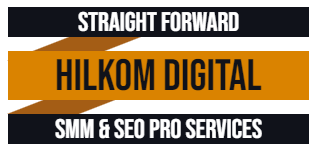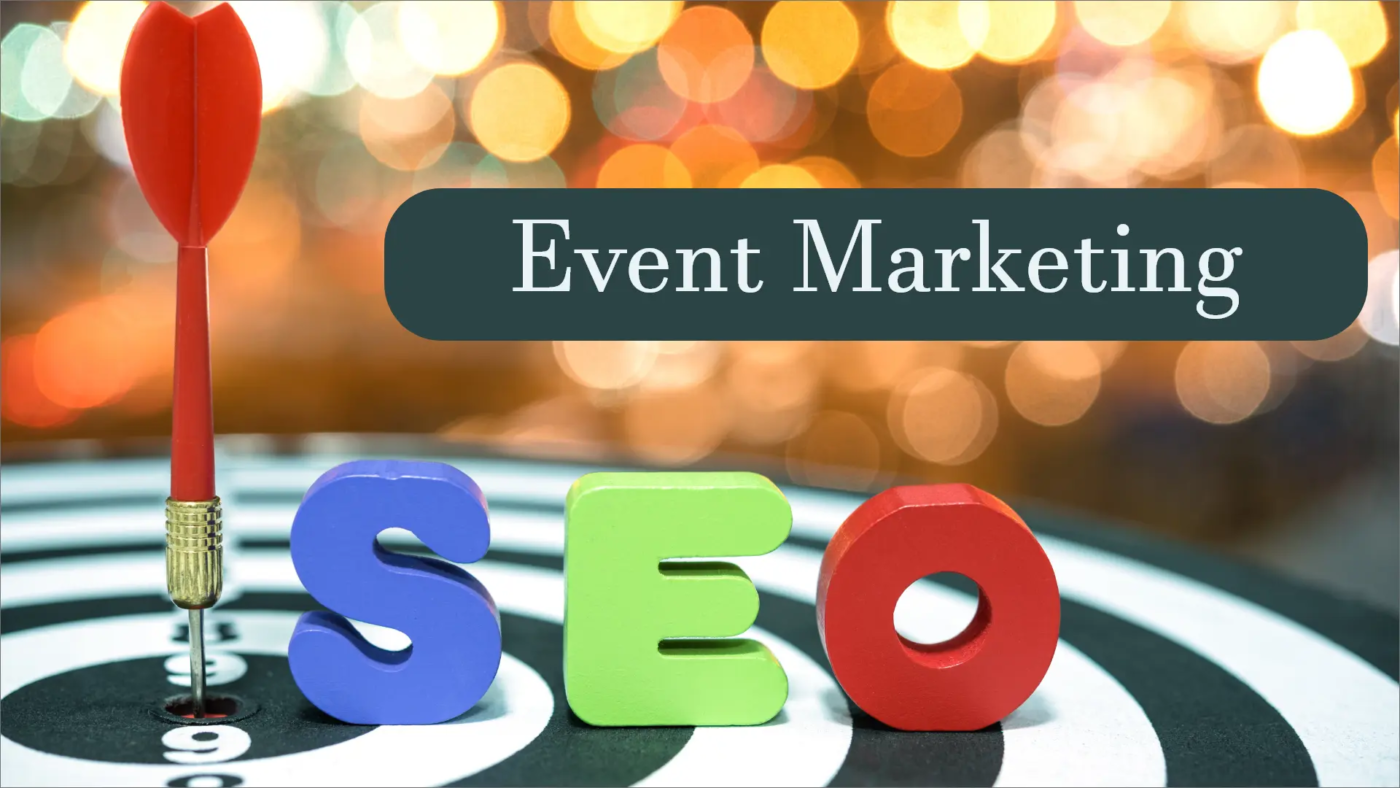No products in the cart.
SEO
Maximizing Your Event’s Reach: A Guide to SEO for Event Marketing
Are you looking to make a splash with your next event and stand out from the crowd? In today’s digital age, utilizing SEO for event marketing is essential to maximizing your reach and attracting attendees. By understanding how search engine optimization can elevate your event promotion efforts, you can ensure your event gets the attention it deserves. Let’s dive into the world of SEO and discover how you can optimize your event marketing strategy for success!
Understanding the Importance of SEO in Event Marketing
In the vast landscape of event marketing, SEO is crucial in boosting visibility and driving traffic to your event page. By implementing strategic SEO tactics, you can enhance your event’s online presence and reach a wider audience.
SEO helps your event stand out amidst the sea of online information by increasing its chances of appearing at the top of search engine results pages. This heightened visibility makes it easier for potential attendees to find and engage with your event.
Optimizing your event page with relevant keywords and high-quality content improves search engine rankings and ensures that your message resonates with your target audience. A well-structured website with optimized meta tags, titles, and descriptions can significantly impact user engagement.
By harnessing the power of SEO in your event marketing strategy, you are setting yourself up for success in today’s competitive digital landscape.
Conducting Keyword Research for Your Event
Conducting thorough keyword research is key to maximizing your event’s reach. Start by brainstorming relevant terms and phrases that potential attendees might use when searching for events like yours. Utilize tools like Google Keyword Planner or SEMrush to identify high-traffic keywords related to your event’s theme or location.
Look for long-tail keywords that are specific to your event. These can help you target a more niche audience. Consider incorporating broad and particular keywords throughout your event page content to capture a more comprehensive range of search queries.
When selecting keywords for your event marketing strategy, consider search volume, competition level, and relevance. Also, consider trending topics and seasonal terms that could drive more traffic to your event page.
Remember, effective keyword research is not a one-time task but an ongoing process. Continuously monitor keyword performance and adjust as needed to stay ahead of the competition in the ever-evolving digital landscape.
Creating SEO-friendly Content for Your Event Page
Crafting SEO-friendly content for your event page is crucial in attracting the right audience. Start by incorporating relevant keywords throughout your copy to increase visibility on search engines. Consider what terms potential attendees might use when searching for events like yours.
Alongside keywords, focus on creating valuable, engaging content that resonates with your target audience. Provide detailed information about the event, including date, location, speakers, agenda, and any unique selling points.
Optimize your meta tags with keyword-rich titles and descriptions to improve click-through rates from search engine results pages. Additionally, utilize header tags (H1, H2) to structure your content logically while including relevant keywords where appropriate.
Incorporating multimedia elements such as images and videos can enhance user experience and keep visitors engaged on your event page longer. Remember that quality content attracts attendees and boosts your SEO rankings overall.
Utilizing Local SEO to Attract Attendees
Local SEO can be a game-changer when it comes to attracting attendees to your event. By optimizing your event page with location-specific keywords and information, you can ensure that your event shows up in local search results.
Start by including the name of the city or region where your event will occur throughout your content. This will help search engines understand your event’s geographical relevance and connect it with users searching for events in that area.
Additionally, listing your event on local online directories and review sites can further boost its visibility among potential attendees in the area. Encourage participants to leave positive reviews and ratings to enhance credibility and attract more interest.
Remember to optimize images on your event page with alt text containing location-based keywords. This simple step can improve visibility in image searches related to your event’s locale.
By implementing these strategies, you can effectively tap into local audiences and increase attendance at your next event through targeted local SEO efforts.
Leveraging Social Media and Backlinks for SEO Boost
In today’s digital age, leveraging social media and backlinks is crucial for boosting your event’s SEO. Social media platforms like Facebook, Instagram, and Twitter offer a vast audience reach for promoting your event. By sharing engaging content, creating buzz, and interacting with followers, you can drive traffic to your event page.
Additionally, backlinks from reputable websites can significantly improve your event page’s authority in search engine rankings. Contact industry influencers, bloggers, and partners to request backlinks to your event page. The more quality backlinks you have directing traffic to your site, the higher it will rank in search results.
Encouraging attendees and partners to share links to your event page on their websites or social media profiles can boost visibility. By building a network of backlinks and maximizing social media engagement. You’ll enhance the overall SEO performance of your event marketing strategy.
Tracking and Analyzing Your Event’s SEO Performance
Monitoring and analyzing your event’s SEO performance is crucial to understanding your marketing efforts’ effectiveness. By monitoring key metrics such as website traffic, keyword rankings, and backlink profiles, you can gain valuable insights into what strategies are working well and where there is room for improvement.
Utilizing tools like Google Analytics can help you track organic search traffic to your event page, providing data on which keywords drive the most traffic. This information can guide your future content creation and optimization efforts to target your audience better.
Analyzing backlinks pointing to your event page can also show how authoritative and reputable search engines perceive your site. Building high-quality backlinks from relevant sources can improve your SEO performance over time.
Regularly reviewing and adjusting your SEO strategy based on data-driven insights will help ensure that your event reaches its maximum potential online visibility. Remember, SEO is a dynamic process that requires constant monitoring and adaptation to stay ahead in the digital landscape.
Conclusion: Incorporating SEO into Your Event Marketing Strategy for Maximum Reach
By incorporating SEO into your event marketing strategy, you can maximize the reach and impact of your events. Understanding the importance of SEO, conducting thorough keyword research, creating SEO-friendly content, utilizing local SEO tactics, and leveraging social media and backlinks are all critical components to boost your event’s visibility online.
Remember that tracking and analyzing your event’s SEO performance is crucial in fine-tuning your strategies for future events. By continuously optimizing and refining your approach based on data-driven insights, you can ensure that each event reaches its potential audience.
So start implementing these SEO techniques into your event marketing efforts today to drive more traffic, attract a larger audience, and ultimately make your events successful!

